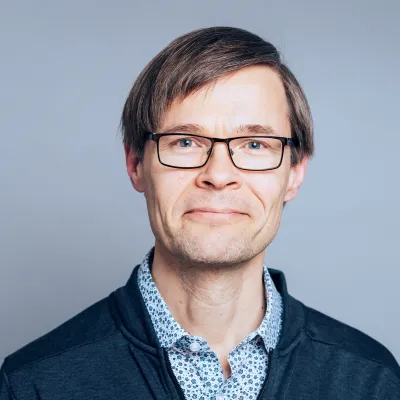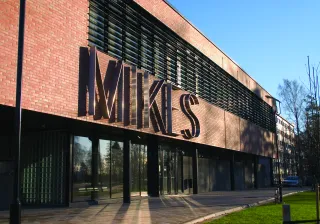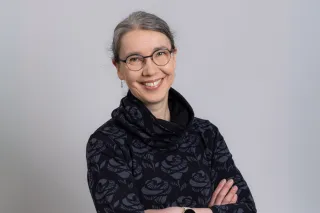When I agreed to chair the European Metrology Network on Smart Specialisation in Northern Europe (EMN Smart North) in the autumn, I paused to reflect on how national needs guide the development of a metrology system that serves the whole world. In practice, I have noticed that the most effective solution for societal needs is found through collaboration, by leveraging national strengths and considering the special needs of different countries.
Regional special needs guide but the big picture is decisive
The beginning of my career as a metrologist was boosted especially by the need of Finnish industry to ensure the reliability of humidity measurements in an internationally credible manner. The need covered environmental measurements in different types of applications as well as quality assurance measurements of various gases.
A special spice was added to this by the fact that a Finnish company Vaisala Oyj is one of the world's leading manufacturers of humidity measurement instruments. To meet the needs of the best industrially manufactured humidity measuring devices, it was clear that the development work had to be based on international-level research and the partners had to be the world's best research institutes in the field, such as PTB in Germany, NPL in the UK, CETIAT in France and NIST in the USA.
Due to the weather conditions in Finland, our customers' requirements extend to much colder and drier conditions than in many other countries. That is why we have developed methods for calibrating humidity instruments even in very cold conditions. In retrospect, it is clear how the local business field and special conditions guided the development of humidity metrology in Finland and its positioning in the international field.
In my current position, I look at the field of metrology broadly both from Finland's point of view and from the perspective of the entire international metrology community, and I can clearly see the same law guiding strategic development: special regional needs guide our investments in the development of expertise and services, but at the same time, together with other regions, they form a system that benefits industry and society all over the world. In fact, to best serve Finns, a metrology system must serve everyone around the world well.
VTT MIKES' strategic focus areas
In preparing the metrology roadmap as part of the implementation of VTT's strategy, we have identified three types of strategic strengths where our expertise has developed to the world's top level due our regional needs and which we are strengthening to develop the technologies and services that industry will need in the future.
Firstly, regarding the realisation of SI units, our research focus is on the development of optical atomic clocks, interferometric length measuring instruments and quantum measurement standards. On the other hand, an efficient and robust dissemination of metrological traceability in the future requires new technological solutions for calibrating measurement systems in advanced industrial production, smart electricity grids and systems utilising quantum technology. The third area is the development of new measurement technologies based on optical spectroscopy for special applications where we can best utilize our expertise to solve customers' measurement challenges. These include, for example, continuous measurement of very low radiocarbon concentrations in the air and continuous imaging detection of minerals in mining.
Strategic agenda of the Northern European metrology network
Based on the strategic considerations in Finland and our neighboring countries, we prepared the strategic agenda of the European Metrology Network on Smart Specialisation in Northern Europe (EMN Smart North) last autumn. We prioritised development objectives that best promote the development and accessibility of the highest-level metrology services needed by companies operating in this area.
As practical measures, we are improving cooperation and communication between metrology institutes regarding calibration services, training and preparation of joint research projects. The traceability of various dynamic measurements was identified as a strategically important research topic for us: regional cooperation and coordination are needed to develop sufficient future services within our limited resources.
Needs of sustainable development
Challenges of sustainable development can only be solved using reliable measurement data. In the future, new types of calibration and verification methods will be needed to implement sufficiently effective measurement quality assurance in different applications.
The interests of Finland and Northern Europe are part of the puzzle of global metrology development. Our often narrow areas of strength are an important part of the future of the entire system. Only by combining the capabilities and interests of different countries can we develop the metrology services that the society of the future will need.





